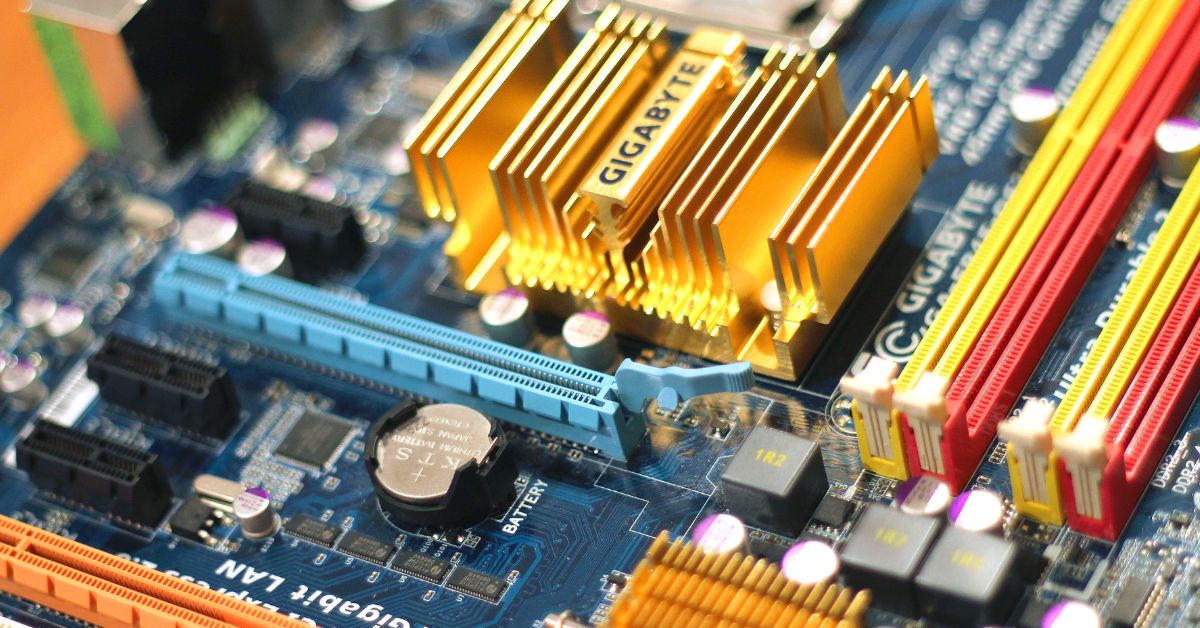Introduction to Power Generators
In today’s world, where electricity is a cornerstone of modern living, power generators play a crucial role in ensuring that energy needs are met, especially in situations where the main power supply is disrupted. These devices convert mechanical energy into electrical energy, providing a reliable backup source for homes, businesses, and industrial facilities. Understanding the various types of generators and their applications is essential for making informed decisions about energy solutions.
Power generators come in different forms, each designed to meet specific needs. From small portable units used for camping trips to large industrial systems that power entire facilities, generators are versatile tools that help maintain productivity and comfort during power outages. In this article, we will delve into the different types of power generators, their applications, and what to consider when choosing one.
Types of Power Generators
Power generators can be broadly classified into several categories based on their fuel type and application. The most common types include:
- Diesel Generators: Known for their durability and efficiency, diesel generators are often used in industrial settings. They are capable of providing large amounts of power for extended periods, making them ideal for factories and construction sites.
- Gasoline Generators: These are typically smaller and more portable, making them suitable for residential use or small businesses. They are easy to operate and maintain, although they may not be as fuel-efficient as diesel generators.
- Natural Gas Generators: These generators are connected to the natural gas lines, providing a continuous fuel supply. They are often used in urban areas due to their cleaner emissions compared to diesel or gasoline options.
- Solar Generators: Harnessing the power of the sun, solar generators are an eco-friendly option. They are gaining popularity for their renewable energy source, though they depend on sunlight availability.
Each type of generator has its own set of advantages and limitations, which should be carefully considered based on the specific needs and circumstances of the user.
Factors to Consider When Choosing a Power Generator
Selecting the right power generator involves evaluating several key factors. Here are some considerations to keep in mind:
- Power Output: Determine the amount of power you need. This will depend on the devices or systems you plan to run on the generator. Make sure the generator can handle the total wattage required.
- Fuel Efficiency: Consider how much fuel the generator will consume over time. More efficient generators can save money in the long run, especially if they are used frequently.
- Noise Level: Some generators can be quite loud, which might be a concern in residential areas. Look for models that offer quieter operation if noise is a factor.
- Portability: If you need a generator for camping or other outdoor activities, portability will be important. Smaller, lighter models are easier to transport.
- Environmental Impact: Consider the emissions produced by the generator. Opting for a cleaner fuel type, such as natural gas or solar, can reduce your environmental footprint.
By taking these factors into account, you can choose a generator that meets your specific needs and provides a reliable power source when you need it most.






